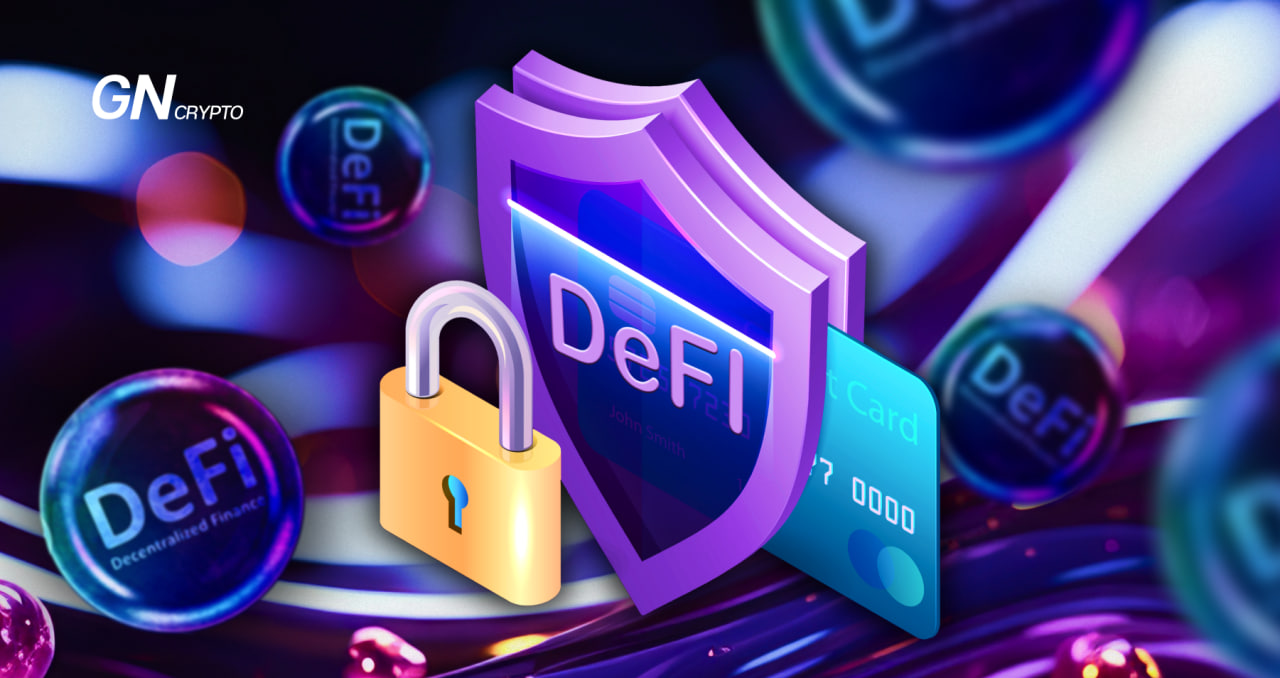Advantages and Drawbacks of DeFi Insurance

The digital market is evolving to embrace financial services inspired by traditional finance (TradFi). A key manifestation of this convergence is the emergence of DeFi insurance, driven by the substantial risks inherent in using DApps. The growing demand for financial safeguards against cyberattacks and scams has naturally led to the development of this sector.
On this page
What is DeFi Insurance?
DeFi insurance has been introduced as a measure to protect investors from potential financial losses due to unforeseen circumstances.
These insurance policies have specific terms and durations, offering compensation to clients for losses within a set time frame.
Unlike traditional insurance structures that rely on a centralized provider organization, DeFi insurance employs a decentralized model.
How DeFi Insurance Works
Decentralized platform users face the potential loss of funds in the event of a protocol compromise. To mitigate this risk, they can secure financial protection by purchasing insurance from a decentralized insurance liquidity pool, commonly referred to as a ‘capital pool.' In this arrangement, those offering insurance coverage earn interest on their contributions to the pool, acting as a fund to compensate affected users.
These pool providers (insurers) can independently choose which protocols to insure, considering factors such as:
- The protocol's reliability;
- The interest rates offered for locking funds in the pool;
- The reputation of the protocol's team.
Current DeFi insurance protocols don't cover all types of risks. They primarily focus on smart contract failures and platform hacks. Insurance against volatility is less common, and the list of assets eligible for coverage is limited, making it almost impossible to find insurance for lesser-known or high-volatility cryptocurrencies.
The amount of coverage and the interest payable to the insurer vary depending on the protocol, the insured asset, the amount of insurance, and the contract duration (i.e., how long funds are locked in the capital pool).
Advantages and Disadvantages of DeFi Insurance
Understanding the strengths and weaknesses of DeFi insurance is crucial for making informed decisions.
Advantages include:
- No Identity Checks: Unlike traditional insurance, decentralized insurance doesn't require KYC verification.
- Swift Automated Payouts: Insurance protocols use blockchain oracles, eliminating intermediaries and streamlining the compensation process.
- Earning Opportunities: Participants acting as insurers can earn interest on the cryptocurrencies they provide.
- Financial Protection: Policyholders receive compensation in the event of a valid claim.
- Cost-Effectiveness: Insurance fees are typically much lower than those charged by traditional banks or institutions.
- Global Accessibility: Decentralized insurance platforms are available worldwide, free from government and banking controls.
However, it's important to acknowledge the drawbacks of DeFi insurance, as even the moon has its dark side.
- Data Manipulation and Protocol Vulnerabilities: Inherent flaws in smart contracts can lead to significant risks of hacks and exploits, a common issue across decentralized apps.
- Potential Losses for Insurers: The interest earned may not always be sufficient to cover the losses incurred in the event of claim payouts.
- Fraud: As with any emerging market, DeFi is prone to fraudulent activities, both from insurers and policyholders.
Hence, thorough research and due diligence are advised before engaging in DeFi insurance contracts.
The content on The Coinomist is for informational purposes only and should not be interpreted as financial advice. While we strive to provide accurate and up-to-date information, we do not guarantee the accuracy, completeness, or reliability of any content. Neither we accept liability for any errors or omissions in the information provided or for any financial losses incurred as a result of relying on this information. Actions based on this content are at your own risk. Always do your own research and consult a professional. See our Terms, Privacy Policy, and Disclaimers for more details.

























